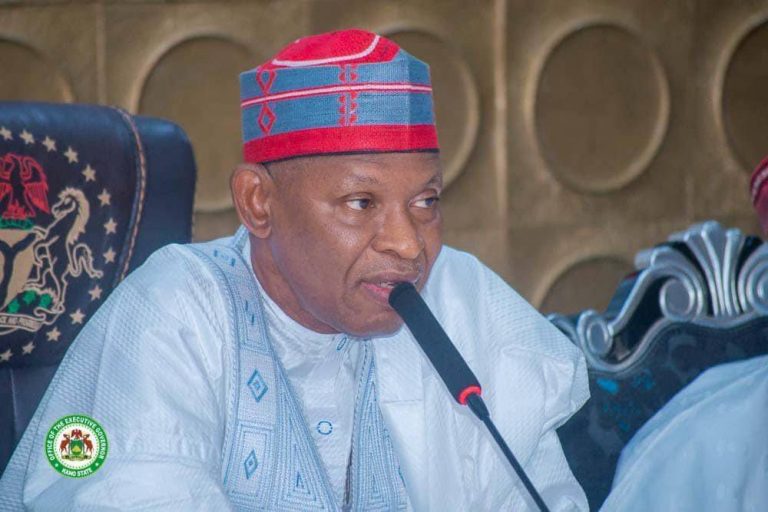By Nick Eardley
BBC Chief Political Correspondent
The British government is facing increasing pressure to adopt a more assertive stance towards China following the arrest of a parliamentary researcher accused of espionage on behalf of Beijing.
Several senior Conservative MPs are now advocating for China to be classified as a threat, a position that has garnered support from some cabinet ministers.
During the G20 summit held in India, Chancellor Rishi Sunak expressed concerns about Chinese interference with China’s Premier Li Qiang. In response, Prime Minister Boris Johnson emphasized the importance of maintaining an open dialogue with China.
The arrest, which took place under the Official Secrets Act in March, involved two individuals in their 20s and 30s. Sources indicate that one of them was a parliamentary researcher specializing in international affairs and had ties to several Conservative MPs.
The arrested researcher had reportedly accessed high-ranking officials, including Security Minister Tom Tugendhat and Foreign Affairs Committee Chairwoman Alicia Kearns.
This arrest reignites an ongoing debate within the Conservative Party about the UK’s approach to China. While some ministers have resisted categorizing China as a threat, senior Tory backbenchers like former leader Iain Duncan Smith and MP Tim Loughton are calling for a tougher stance.
Iain Duncan Smith stated that it’s “time for us to recognize the deepening threat that the CCP (Chinese Communist Party) under (President) Xi now poses.” Tim Loughton emphasized the extent of the Chinese Communist Party’s influence in British institutions, highlighting potential security risks.
Cabinet ministers, including Home Secretary Suella Braverman, are also reportedly in favour of tightening regulations regarding China.
Chancellor Rishi Sunak, while expressing “very strong concerns” about interference in British democracy, emphasized the value of being actively engaged with China rather than “carping from the sidelines.”
Justice Secretary Alex Chalk defended the current UK stance on China, stating that engagement was appropriate but that caution was needed.
In July, Parliament’s Intelligence and Security Committee issued a report warning that the government had been slow to recognize security risks associated with Beijing, citing China’s intent to interfere in UK political thinking and decision-making.
The debate surrounding the UK’s policy towards China appears to be intensifying, with growing calls for a reevaluation of the country’s position.
Advertisement





